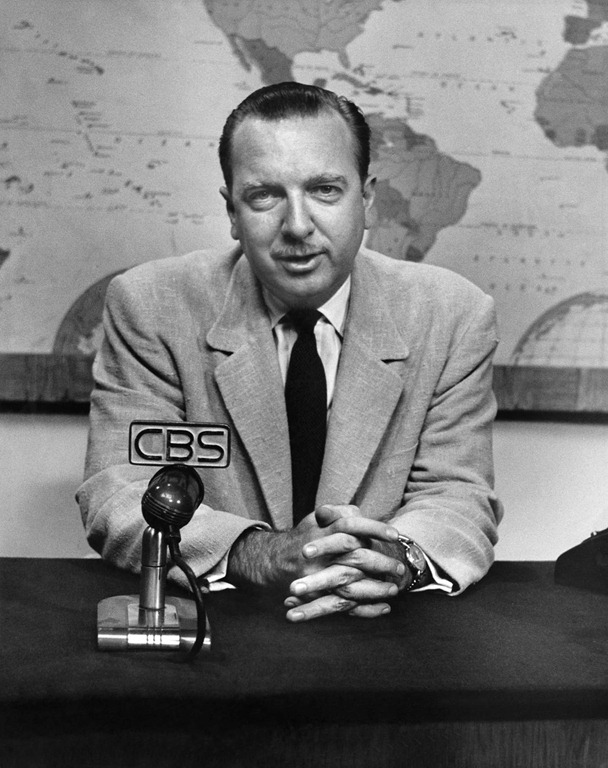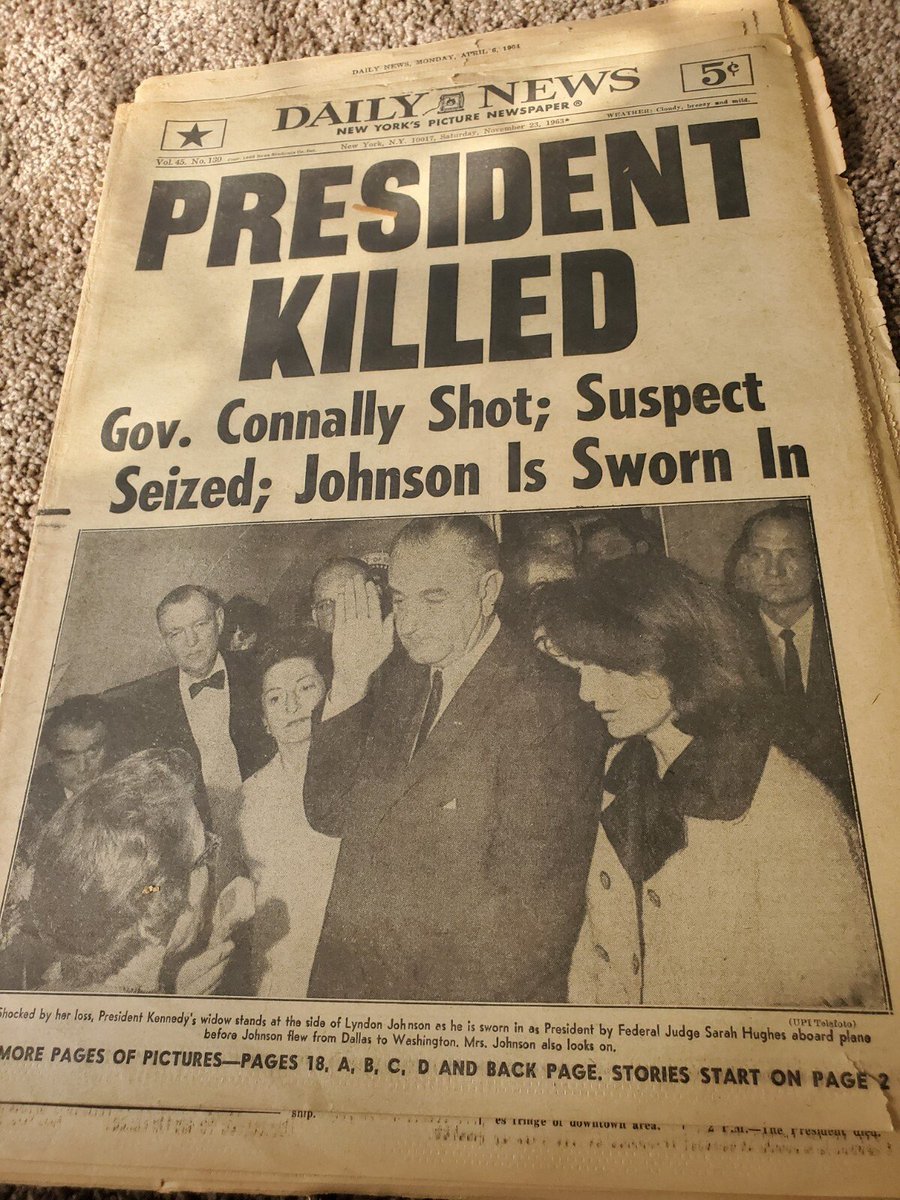A not-political thread.
My dad was (among other things) a draftsman when he was young. He made blueprints and drew technical pictures. He had an impressive drafting table and some really cool drawing tools.
This was WAY before computer art.
1/10
My dad was (among other things) a draftsman when he was young. He made blueprints and drew technical pictures. He had an impressive drafting table and some really cool drawing tools.
This was WAY before computer art.
1/10
He had a set of drawing tools--a compass, a ruler, stuff like that--he once told me had paid for the downpayment on the first house he bought.
I remember that house. It was a tiny 2-bedroom thing in a Chicago suburb. I was five when we moved out.
2/10
I remember that house. It was a tiny 2-bedroom thing in a Chicago suburb. I was five when we moved out.
2/10
Dad qualified for the mortgage loan on that house because he got a VA loan. He was in the National Guard during the Korean War, and until I was about six. They taught him drafting. They also taught him to play the tuba. He was in the marching band.
3/10
3/10
He later took what he learned about the tuba and used to to learn to base the bass. Back then, there were no bass guitars. He had this enormous and beautiful string bass he plucked.
He inspired me and my brother to learn music. I played keyboards, my brother played guitar.
4/10
He inspired me and my brother to learn music. I played keyboards, my brother played guitar.
4/10
Dad would write sheet music for us, and we'd practice, the three of us, a sort of little family band. (My keyboard was an accordian. This was decades before Weird Al made accordians cool.)
Dad eventually got an electric bass guitar. It's a vintage Fender bass.
5/10
Dad eventually got an electric bass guitar. It's a vintage Fender bass.
5/10
My nephew, my other brother's son, now has his grandfather's bass guitar.
Dad played in bands until the week he died. He retired to Florida, and put together a band. It wasn't the first band he'd assembled. He loved music. The National Guard gave him that.
6/10
Dad played in bands until the week he died. He retired to Florida, and put together a band. It wasn't the first band he'd assembled. He loved music. The National Guard gave him that.
6/10
The Guard taught Dad music, as they taught him to make technical drawings, as they paid for his college, as they underwrote the mortgage for his new house.
That gave me the chance to learn to love music. Dad kept up with popular music even better than I did.
7/10
That gave me the chance to learn to love music. Dad kept up with popular music even better than I did.
7/10
The Guard gave me my first home. It gave my family the chance to live a middle-class American life. I am today building a house into which my wife and I will retire, and part of that, I owe to the National Guard.
8/10
8/10
Dad was a pacifist. He was also a patriot. He joined the Guard so he could serve America, but not be sent to an active war. The Guard repaid his patriotism, and me--and my brothers, and our children--still benefit from that.
9/10
9/10
Republicans are trying very hard to dismantle all the programs that gave my family everything we have today. I do not want to pull the ladder up behind me. I want everyone to have the chance to live the life I've had.
Okay, this was a little bit political.
10/10
Okay, this was a little bit political.
10/10
PS. I was reminded of his drafting skills today, because Dad once sat with me and my brother in a hospital waiting room, and patiently drew a series of sketches, feehand, to explain to us how a car worked. Mom was in the hospital. Dad took the time to distract us from our fears.
I was reminded of that because my son asked me some questions about how a car works. I remember how and when I learned.
• • •
Missing some Tweet in this thread? You can try to
force a refresh








